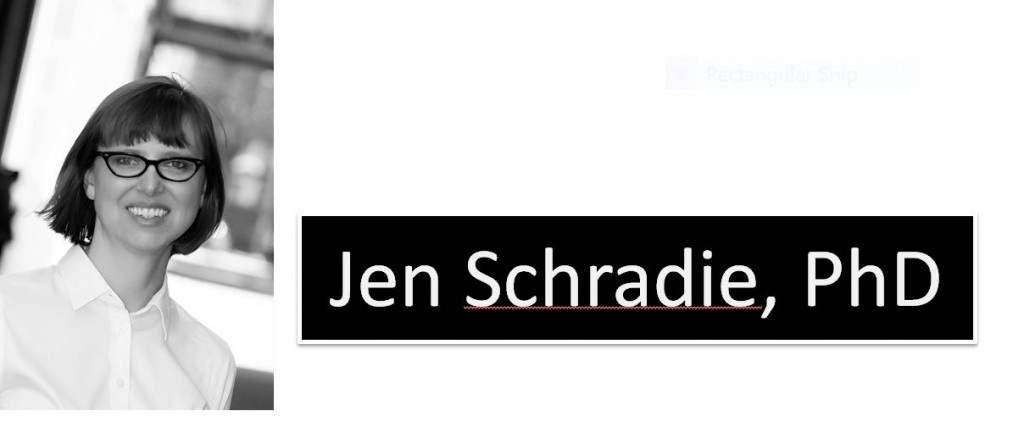On Wednesday, September 12th at noon, I’ll be speaking in Chapel Hill at UNC’s Carroll Hall’s Freedom Forum Conference Center in a talk sponsored by the School of Journalism and Mass Communication and Department of Sociology. I’ll be talking about my latest research project:
Does digital technology enable social movement organizations to be more democratic? In the context of the so-called Twitter and Facebook revolutions, the winner between the fire of digital activism and the ice of hierarchical bureaucracy seems obvious, but when my research throws in societal structures, social class and political ideology into the mix, the answer isn’t so simple. My mixed-method study, funded by a grant from the National Science Foundation, examines the democratic and technological practices of labor and social movement organizations from different social classes and political ideologies but which all have organized around the same issue. These southern groups range from worker centers and labor unions to tea parties and government associations. Rather than starting online with the elite traces of digital engagement, I began offline with interviews and observation of existing social movement groups with varying levels of online engagement, which I also analyze. Unlike current digital activism theories of less hierarchy and more democratic participation due to the Internet, I am finding that Michel’s iron law of oligarchy persists in the digital age. In some instances, web 2.0 tools are used in 1.0 ways, and digital inequality requires even more organization for full participation. Groups that care more about democratic participation tend to care less about the Internet.

No comments yet.